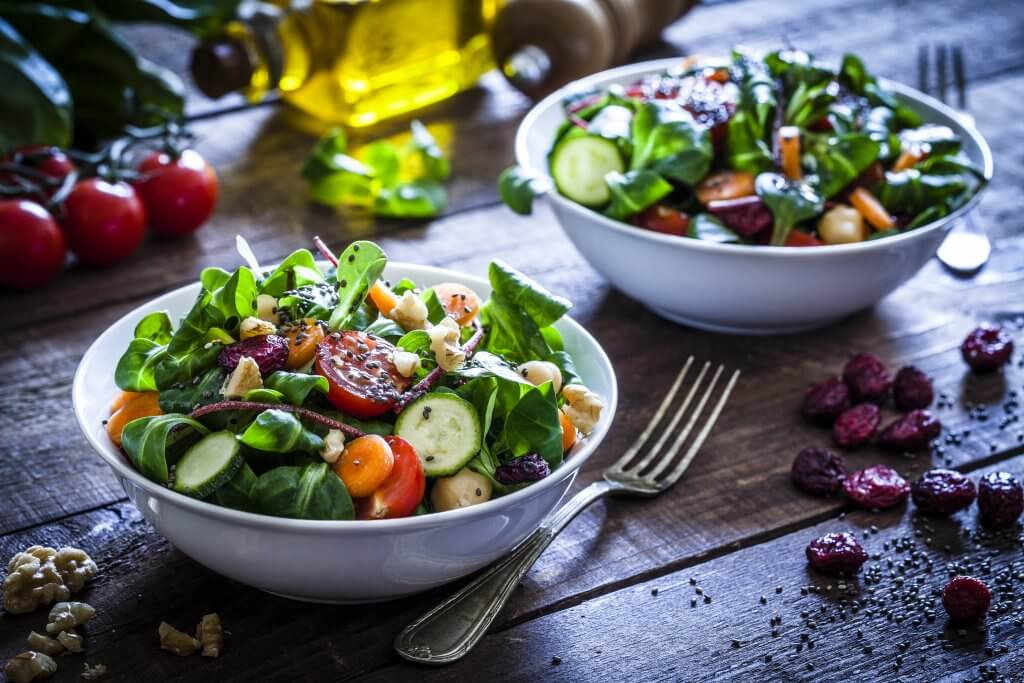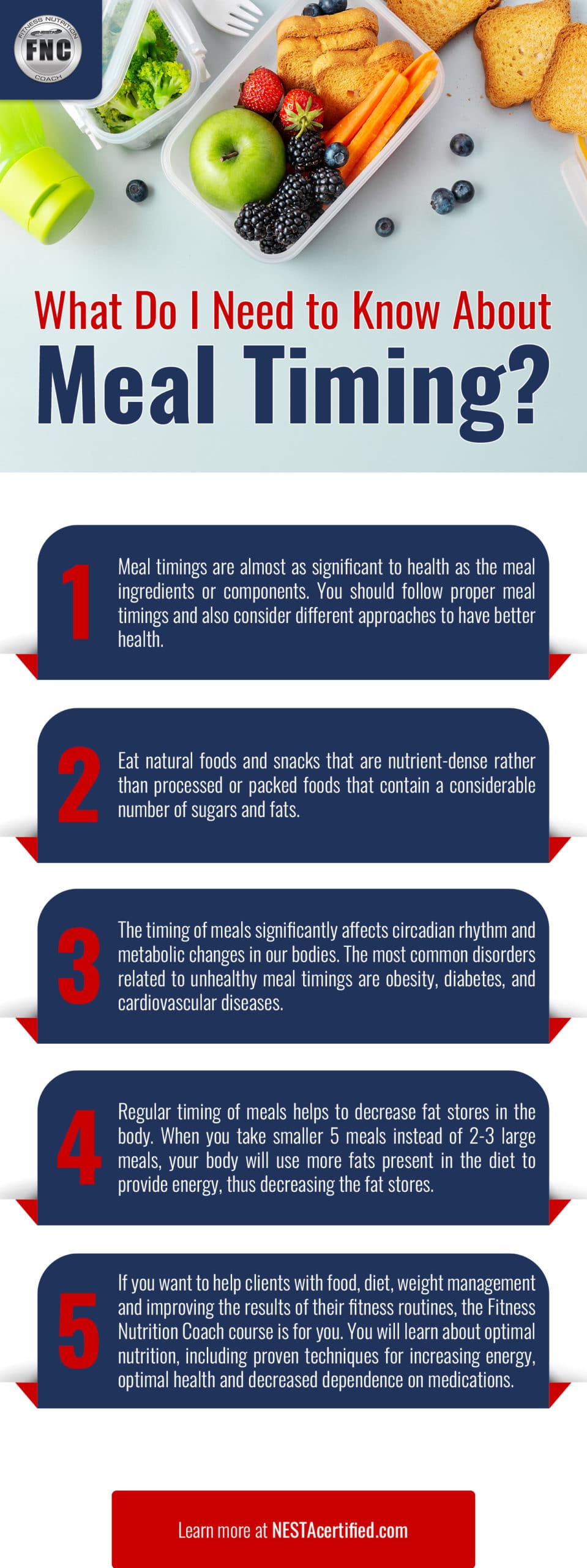- Abuse & The Abuser
- Achievement
- Activity, Fitness & Sport
- Aging & Maturity
- Altruism & Kindness
- Atrocities, Racism & Inequality
- Challenges & Pitfalls
- Choices & Decisions
- Communication Skills
- Crime & Punishment
- Dangerous Situations
- Dealing with Addictions
- Debatable Issues & Moral Questions
- Determination & Achievement
- Diet & Nutrition
- Employment & Career
- Ethical dilemmas
- Experience & Adventure
- Faith, Something to Believe in
- Fears & Phobias
- Friends & Acquaintances
- Habits. Good & Bad
- Honour & Respect
- Human Nature
- Image & Uniqueness
- Immediate Family Relations
- Influence & Negotiation
- Interdependence & Independence
- Life's Big Questions
- Love, Dating & Marriage
- Manners & Etiquette
- Money & Finances
- Moods & Emotions
- Other Beneficial Approaches
- Other Relationships
- Overall health
- Passions & Strengths
- Peace & Forgiveness
- Personal Change
- Personal Development
- Politics & Governance
- Positive & Negative Attitudes
- Rights & Freedom
- Self Harm & Self Sabotage
- Sexual Preferences
- Sexual Relations
- Sins
- Thanks & Gratitude
- The Legacy We Leave
- The Search for Happiness
- Time. Past, present & Future
- Today's World, Projecting Tomorrow
- Truth & Character
- Unattractive Qualities
- Wisdom & Knowledge
Health & Wellness Wednesdays
When Should You Eat?
There's a great deal of debate, discussion and controversy around when the best time to eat is. Morning, noon, or night - does it really matter?
The answer is kind of complicated, but it's definitely important.
The topic in general is hard to research. There are so many factors that go into how food affects you, from what you eat to your specific body and health/lifestyle, etc. That means that thorough studies, while they have been conducted, are still hard to conduct.
But there are some clear answers. First, that eating earlier in the day, as opposed to when you go to sleep, is better. Your body releases melatonin in the evenings and late at night, and is likely to struggle to digest as well as it can when it is not producing melatonin.
There's evidence to suggest that consuming food close to your bedtime can throw off your circadian rhythms, resulting in your whole body feeling out of whack. Sleep affects just about every function of your body, and when the quality of it is poor, your quality of life can follow.
Ultimately, when you feel like you need to eat, you need to eat. And however you decide to set up your diet, whether that's intuitive eating or intermittent fasting, make sure that you're providing yourself with enough food throughout the day. Restricting never leads to anything good.
Your health is of the utmost importance, and food, being what you fuel your body with, is a huge part of that.
Interesting Fact #1
For some people, moderate drinking actually has health benefits.
Interesting Fact #2
The type of carbs that you consume matters much more than the amount.
Interesting Fact #3
Healthy diet can actually make your skin glow.
Quote of the day
Eat breakfast like a king, lunch like a prince, and dinner like a pauper.
Article of the day - The Best Time to Eat Your Meals

When trying to lose weight, you have probably thought a lot about what you eat while trying to strike a balance between veggies, carbs, fruits, and protein. But did you know that when you eat is just as important as what you eat?
By eating your meals at the right time each day, you can reap a variety of benefits such as weight maintenance, higher energy levels, and may even help you fight disease.
At Wilfred R. Cameron Wellness Center, we have put together some nutrition tips on determining the best time to eat your meals to help you in your weight loss efforts. We’ve provided tips on scheduling your meals and some ways you can balance your meal times with our fitness programs at our Washington Wellness Center.
When Should You Eat Breakfast?
As many of us already know, breakfast is the most important meal of the day. When you eat breakfast, you set the pattern for your blood sugar for the remainder of the day. Be sure to eat within the first hour you wake up, between 6 and 10 a.m. This is the ideal timeframe to help you ser yourself up for your next meal a few hours after breakfast.
Breakfast is a meal that has a significant impact on the rest of your day, so it is essential to avoid any blood sugar spikes with pastries or sugary coffee drinks. These spikes in blood sugar can lead to you feeling up and down throughout the day. Try eating protein, whole grains, and healthy fats instead. Foods such as whole grain toast with peanut butter, eggs, or fresh fruits are just a few of the many healthy options.
Eat Lunch When Your Metabolism Peaks
Between 10 a.m. and 2 p.m. each day, your metabolism hits its peak, providing you with stronger digestive function, making it the best time to eat your lunch. This meal should be lighter than breakfast and dinner.
Since you are likely to be at school or work during this time, be sure to prepare your lunch the night before or plan a healthy order from your favorite local restaurant to help you avoid fast food and other unhealthy options.
When Should Dinner be Served?
We recommend planning to eat dinner at about four to five hours after lunch. Keep in mind, if your dinner time fall in between the 5 p.m. to 6 p.m. timeframe, you are going to be reaching the last hour of your body’s heightened metabolic rate. It’s important to keep a more extended period between your last meal of the day and your bedtime. This can help your body concentrate on resting and renewing rather than digesting.
How to Balance Your Meals and Your Busy Schedule
Balancing your workouts, school or work, and your meals can be challenging. Below are a few tips to help you stay on track.
- Meal prep- Plan and prepare your meals in advance to help you have your meals ready so that you can eat them on schedule. This will help you stay on track with your eating schedule while avoiding the temptation of fast food or unhealthy snacks.
- Change things up- Don’t be afraid to experiment by slightly changing your meal time to help you hit the optimal times. After you’ve got your meal schedule down, you can add in exercise to see how your body responds. Also, try experimenting with the timing of your workout. If you’ve always worked out in the morning, try working out in the evening to see if your body responds better to the change in time.
Question of the day - Do you stick to a strict diet plan?
Diet & Nutrition
Do you stick to a strict diet plan?










